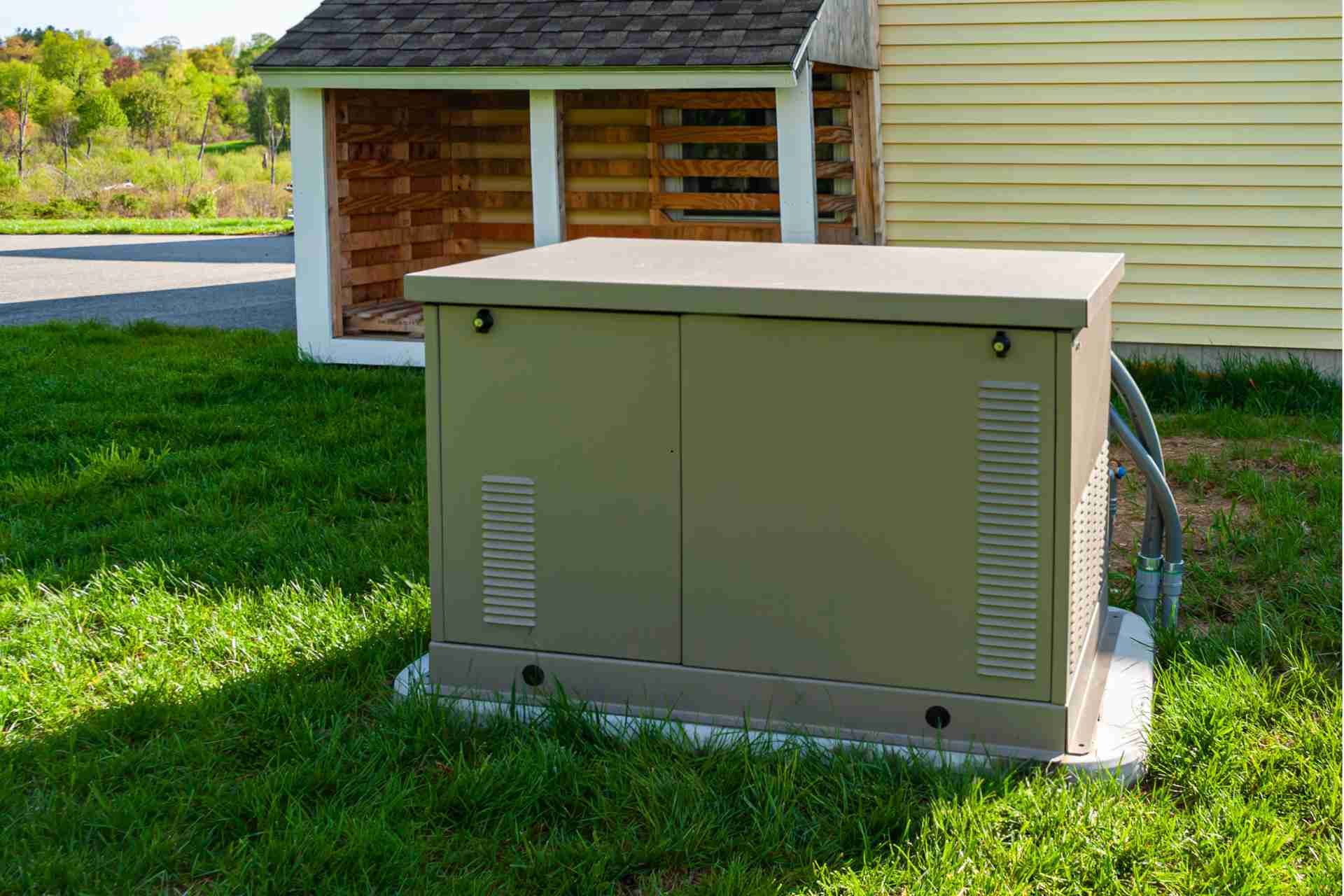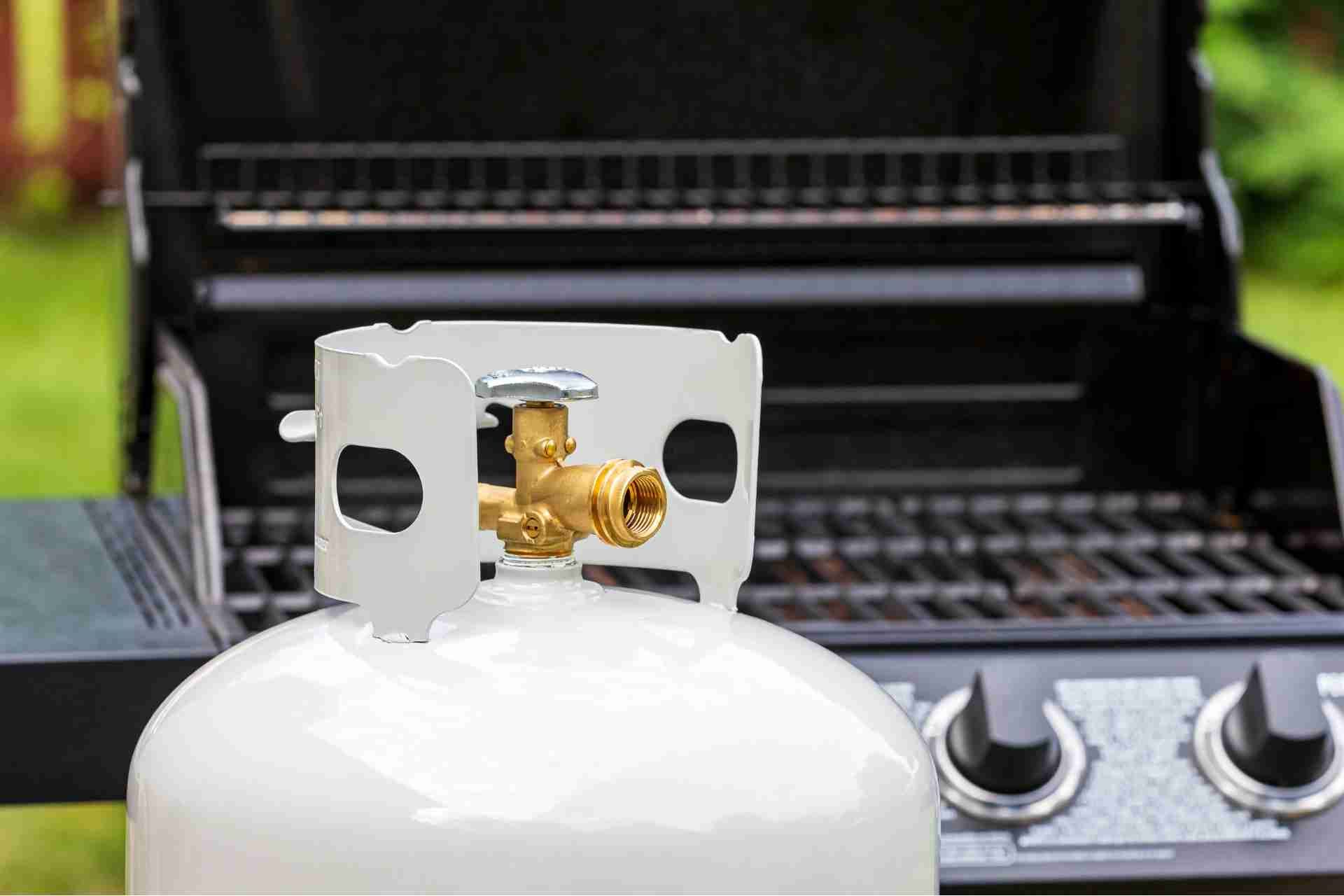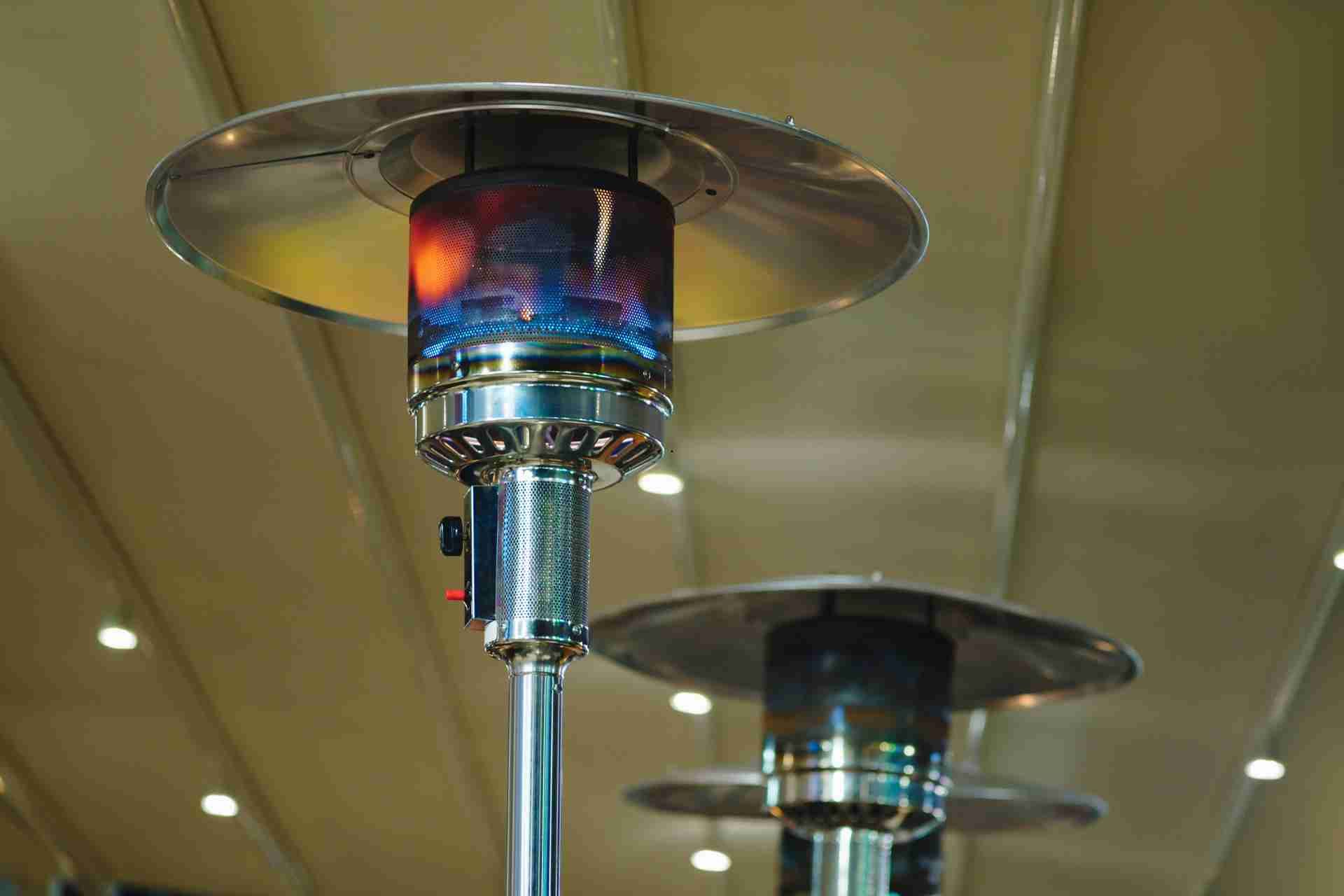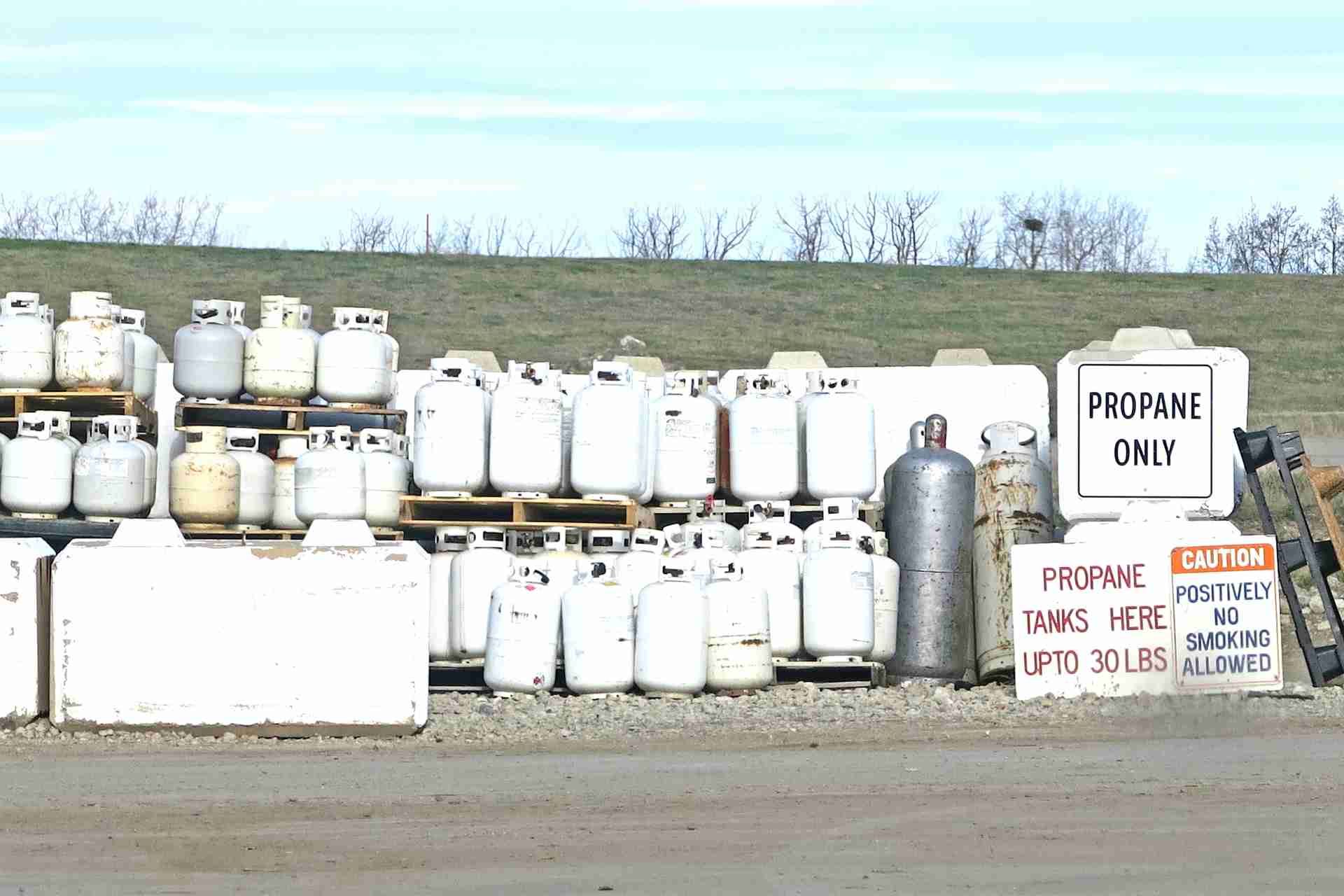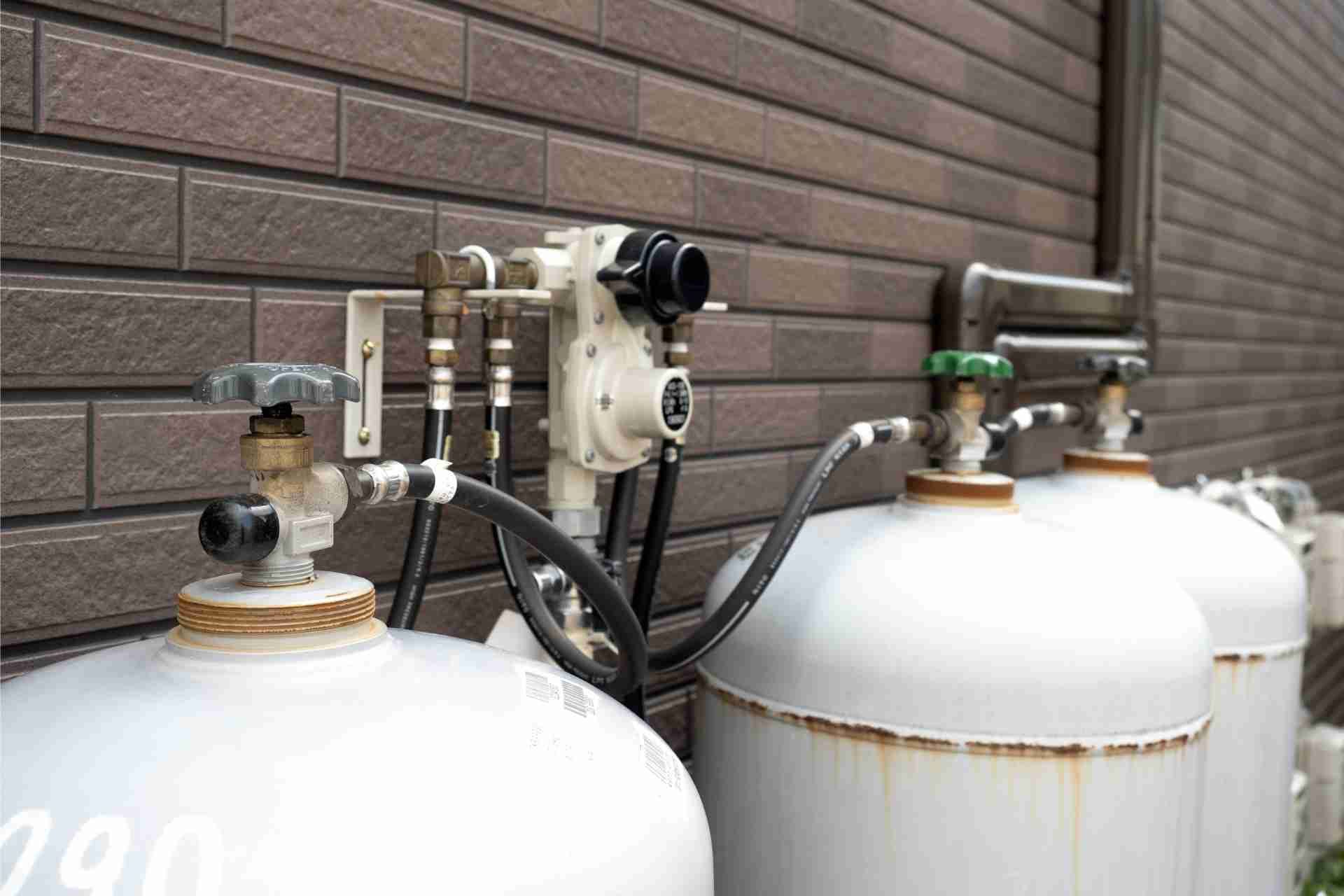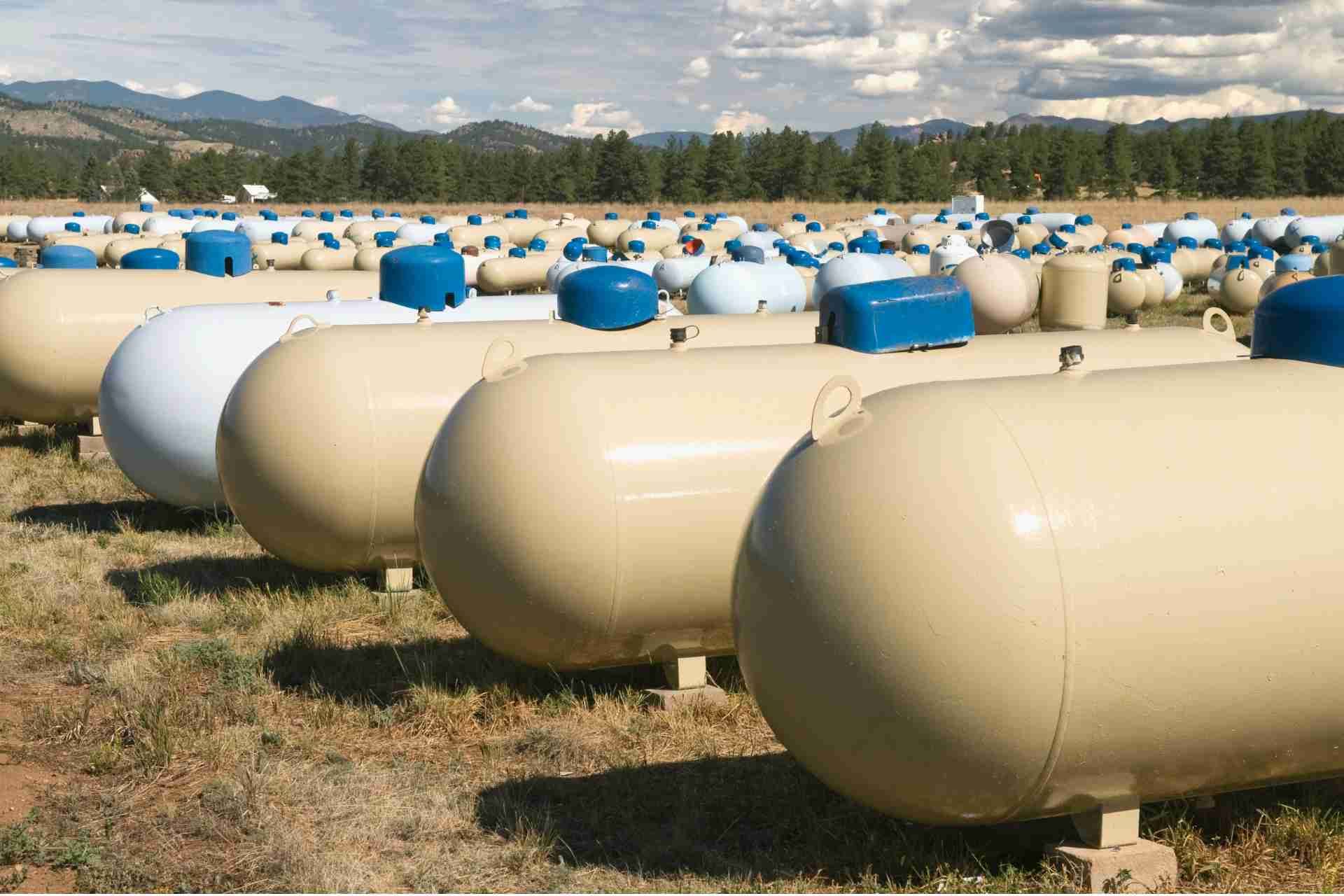Different Propane Uses in Agriculture
When it comes to agriculture, the saying 'Make hay while the sun shines' rings true, emphasizing the importance of seizing opportunities.
In the realm of agriculture, propane plays a crucial role in various applications, offering efficiency and environmental benefits.
Propane is a versatile fuel that is commonly used in various agricultural applications. From heating and powering equipment to controlling pests, propane plays a crucial role in modern farming operations.
Understanding the diverse applications and advantages of utilizing propane in agriculture can significantly impact productivity and sustainability on the farm.
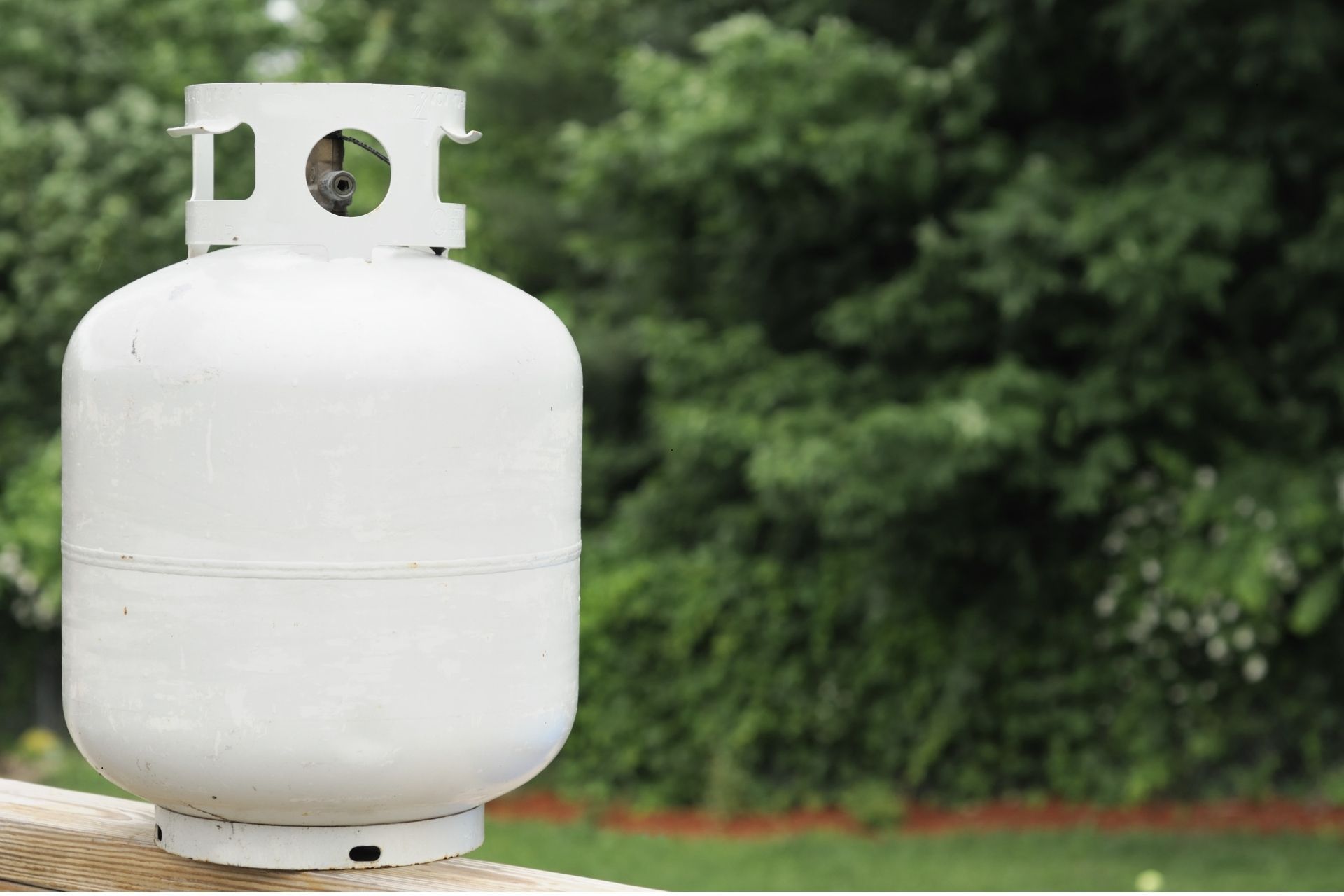
Propane Uses in Agriculture
Agriculture is a vital industry that provides us with the food we eat and the materials we use every day. Farmers rely on various tools and equipment to grow, harvest, and process their crops. Propane, a versatile and clean-burning fuel, plays a key role in agricultural operations.
Heating systems
Propane is commonly used as a heating fuel in agricultural buildings such as barns, greenhouses, and storage facilities. Propane-powered heaters are efficient and reliable, providing a consistent source of heat to keep livestock warm and crops protected from the cold. In addition, propane heaters are easy to install and maintain, making them a popular choice for farmers looking to heat their buildings efficiently.
Irrigation pumps
Propane-powered irrigation pumps are an essential tool for farmers looking to efficiently water their crops. These pumps are designed to provide a reliable source of water to fields and orchards, helping to maintain optimal growing conditions for plants. Propane pumps are also more cost-effective than diesel-powered pumps, making them a popular choice for farmers looking to save money on their irrigation costs.
Crop drying
Propane is widely used in agriculture for drying crops such as corn, grain, and hay. Propane-powered dryers are efficient and fast, helping farmers to quickly dry their crops to prevent spoilage and ensure a high-quality product. Propane dryers are also environmentally friendly, producing lower emissions compared to other fuel sources such as coal or diesel.
Pest control
Propane is also used in agriculture for pest control purposes. Propane-powered cannons and heaters are often used to deter birds and other pests from damaging crops. These devices emit loud noises and bursts of heat to scare away unwanted animals, helping to protect crops and minimize damage.
Propane-Powered Equipment in Agriculture
Utilizing propane-powered equipment in agriculture enhances operational efficiency and promotes sustainable farming practices. Propane efficiency is a key advantage of using this type of equipment in farming operations. Propane-powered machinery tends to be more cost-effective and fuel-efficient compared to traditional gasoline-powered alternatives. This efficiency not only saves you money in the long run but also reduces the overall carbon footprint of your agricultural activities.
Moreover, one significant benefit of propane-powered equipment is its impact on agricultural emissions. Propane burns cleaner than gasoline, resulting in lower emissions of harmful pollutants such as carbon monoxide and nitrogen oxides. By choosing propane over conventional fuels, you contribute to a healthier environment and help mitigate the negative effects of agriculture on air quality.
Incorporating propane-powered equipment into your farming practices is a practical way to boost efficiency while reducing your environmental impact. Consider investing in propane technology to optimize your operations and contribute to more sustainable agricultural practices.
Sustainable Practices With Propane
One of the key ways to incorporate sustainable practices with propane is by ensuring proper maintenance of propane appliances and equipment. Regular maintenance not only ensures that equipment is running efficiently, but also helps to extend the lifespan of appliances, reducing the need for replacements and ultimately reducing waste. Additionally, properly maintained appliances are more fuel-efficient, which can help reduce overall energy consumption and carbon emissions.
Another important sustainable practice with propane is to purchase propane from reputable suppliers who adhere to environmentally friendly practices. Look for suppliers who are certified by organizations like the Propane Education & Research Council (PERC) or the National Propane Gas Association (NPGA), as these certifications ensure that sustainability is a priority for the supplier.
In addition to using propane for heating and cooking, consumers can also explore alternative uses for propane that can further reduce their environmental impact. For example, propane-powered vehicles produce fewer emissions than gasoline-powered vehicles, making them a more sustainable option for transportation. Propane can also be used to power generators, reducing the need for traditional fossil fuels during power outages or emergencies.
Consider the Benefits of Propane in Farming
One of the main advantages of using propane in farming is its versatility. Propane can be used to power a wide range of equipment and machinery, including tractors, generators, and irrigation systems. This makes it a convenient fuel choice for farmers looking to streamline their operations and reduce their reliance on multiple fuel sources.
Propane is also a clean-burning fuel, which helps to reduce carbon emissions and minimize the environmental impact of farming operations. Compared to diesel and gasoline, propane produces lower levels of carbon monoxide, particulate matter, and nitrogen oxides, making it a more eco-friendly fuel choice for farmers looking to reduce their carbon footprint.
Propane is also a cost-effective fuel option for farmers. Propane is typically less expensive than gasoline and diesel, making it a more economical choice for powering farm equipment and heating buildings. Propane is also readily available and can be delivered directly to the farm, eliminating the need for farmers to make frequent trips to the gas station to refuel their equipment.
Another key benefit of using propane in farming is its reliability. Propane can be stored for long periods of time without degrading in quality, making it a dependable fuel source for farmers who need to operate machinery and equipment year-round. Propane is also a safe fuel choice, with a lower risk of spills and leaks compared to other fuels.

